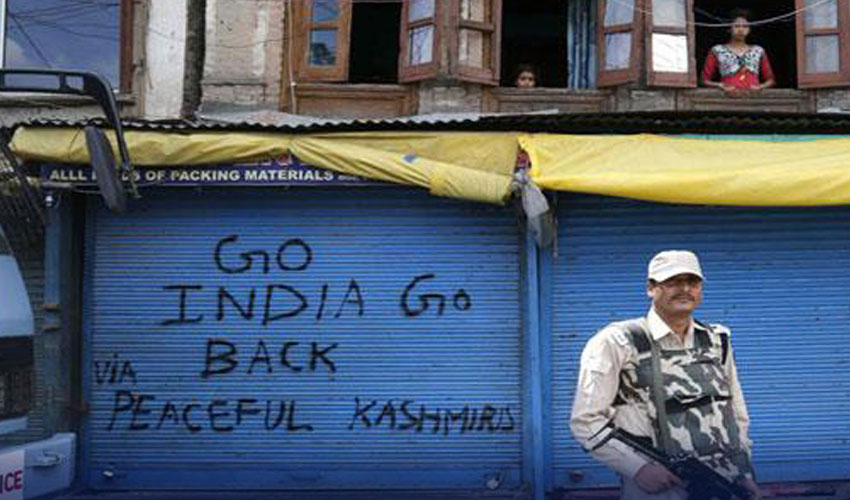The Indian government under Prime Minister Narendra Modi is preparing to hold elections in occupied Jammu and Kashmir, a decade after the last polls in 2014. However, questions linger about the legitimacy of these upcoming elections, particularly following the 2019 revocation of the region's special status.
According to a BBC report, the occupied territory is grappling with significant economic challenges. Over 600,000 people are reportedly unemployed, with the joblessness rate reaching 18.3%. This situation has left many young, educated Kashmiris uncertain about their future.
Sheikh Wasim, an electrical engineer from Srinagar College, told the BBC that despite submitting numerous job applications and attending interviews, he has been unable to secure employment. Similarly, Manzoor ul Hassan, an assistant professor with a doctorate, has resorted to street vending due to lack of job opportunities.
Some residents attribute the rising unemployment to the abrogation of Article 370. Shakoor Ahmad Butt, a radiologist, claimed to the BBC that since the revocation, there has been a systematic effort to provide jobs to non-locals.
The economic hardship has reportedly led to increased mental health issues and substance abuse among Kashmiri youth. Zainab Mushtaq, a nurse, shared that she experienced depression after being unemployed for a year. Despite her nursing degree, she now works as a receptionist at a small clinic.
Critics argue that the Modi government's promises to the people of Kashmir have not materialized. The upcoming elections are viewed by some as a formality, with concerns about the potential for electoral manipulation to achieve desired outcomes.



























